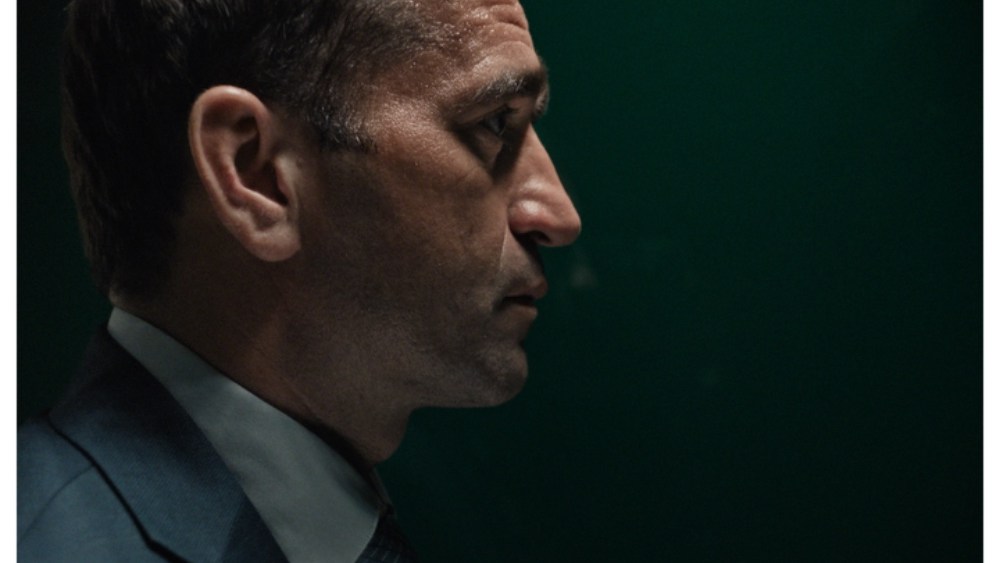Tereza Nvotová’s drama “Father” – recently selected as the Slovak Academy Awards submission – has sold to multiple territories. The film, which world premiered in Venice, is heading to Zurich Film Festival’s Feature Film Competition next.
Sold by Intramovies and following the collaboration with Fandango in Italy, the film will be distributed in French-speaking Europe (Epicentre), Greece (Cinobo), the Baltics (Kino Pavasaris) and Spain (Reverso Films).
Starring Milan Ondrík in the title role, it takes on real-life tragedies that are surprisingly common. In a previous interview, Nvotová said she had heard about three similar cases this year “just in the region I’m from.”
“I’d only heard about them vaguely. But once I started working on the film, I realized how often this really happens,” Ondrík told Variety. In the film, which deals with so-called “Forgotten Child Syndrome” – kids who die from heatstroke after being left in parked vehicles – he plays a father whose normal day turns into horror.
“It’s shocking, because it’s not about ‘bad people.’ It’s about ordinary families, fathers and mothers who love their children – one moment of distraction turns life into hell. That’s why it was important for me to approach Michal with respect and to show his pain and humanity truthfully.”
He wanted to play him also because “it shows how fragile life really is.”
“Michal is not a criminal or a villain. He’s an ordinary man, a father, and in one terrible moment he makes a mistake that destroys everything he loves. That’s terrifying and very human. I gave myself one condition as an actor: I had to live through this role, not just play it. It happened – painfully for me, but fortunately for the film.”
He’s joined by Dominika Morávková, Aňa Geislerová and Martina Sľúková.
In the film, Michal seems to have his life in order. But as his ordeal becomes public, people are quick to judge him.
“I never saw him as a villain. Society may label him that way, but for me he’s still the same man: a father who loves his daughter, a husband trying to hold his family together,” said Ondrík.
“He’s guilty, yes, but he’s also human. The tragedy is that people often can’t see both sides at the same time. My job was to show that paradox. He can be broken and still deserve compassion.”
Making the film watchable was crucial to the director – and to Ondrík as well.
“Tereza and I talked a lot about finding balance. The film is dark and cruel, but it’s also about love and hope. Showing the right emotions in the right moments – that’s what keeps the audience connected to the character, even in such a heavy story.”
Long takes also allowed the viewers to “stay right inside Michal’s head.”
“It makes the film raw, but also intimate. I think that’s why people respond to it. They feel the tragedy and they also feel the humanity. And the possibility that even in the darkest place, there can still be some light.”
Sylvie Leray, CEO of Reverso Films, also praised the “subtle and nuanced” acting in the film.
“Reverso Films is always attentive to the talents of Central and Eastern European countries and is particularly sensitive to a tough and universal subject, led by the poignant storytelling of the director.”

